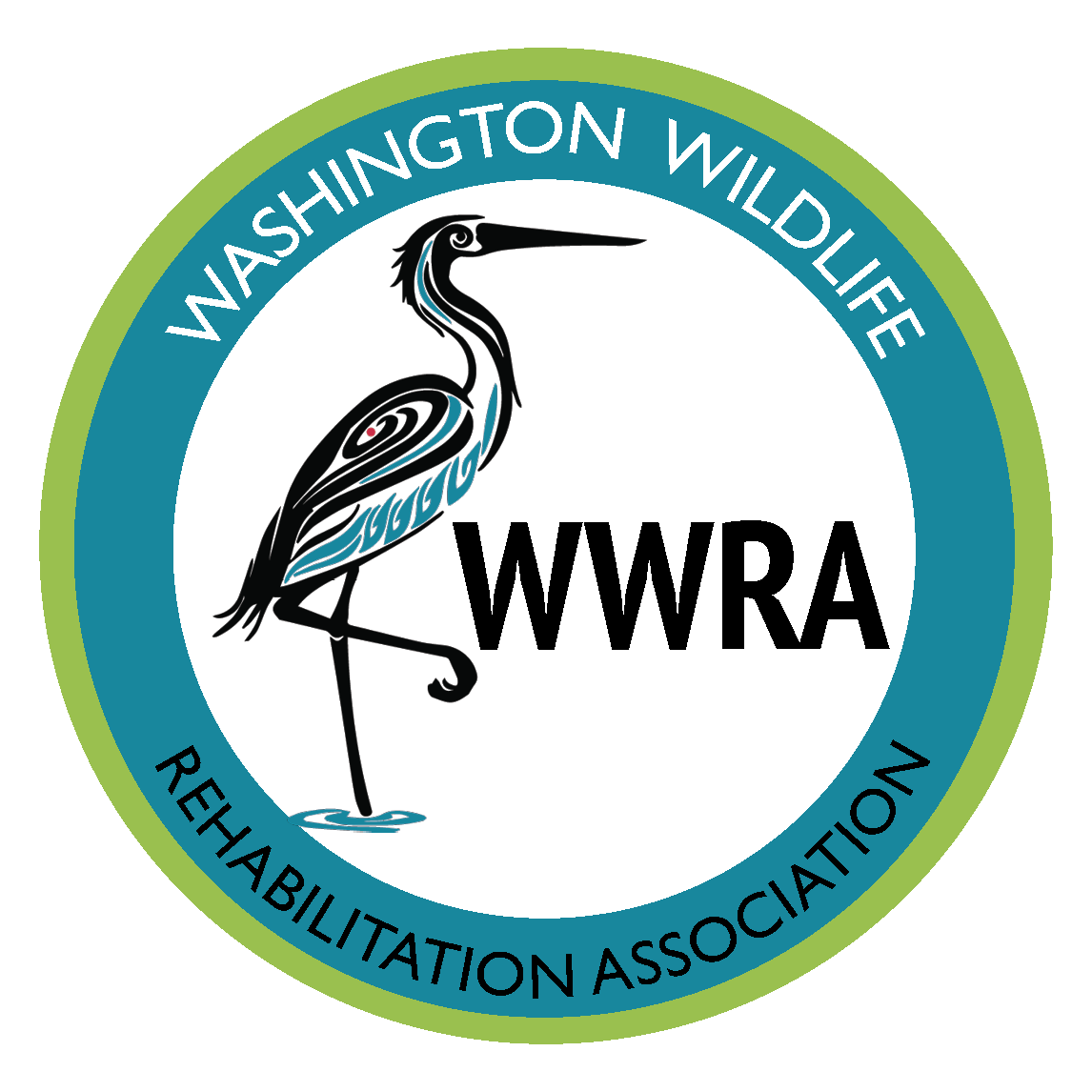Becoming a Wildlife Rehabilitator
“Wildlife rehabilitation is the treatment and temporary care of injured, diseased, and displaced indigenous animals, and the subsequent release of healthy animals to appropriate habitats in the wild.”
- Standards for Wildlife Rehabilitation, 2021
Wildlife Rehabilitation in Washington State
Under state law, the practice of wildlife rehabilitation requires a permit issued by the Washington Department of Fish and Wildlife. This permit authorizes the wildlife rehabilitator to possess and care for injured, orphaned, and diseased wildlife, with the goal of ensuring humane care for the animals entrusted to them. Wildlife rehabilitation is a profession, and the practitioners work closely with their veterinarian to provide the best treatment plans. Their goal is to return these animals to the wild, and wildlife rehabilitators offer a valuable service to the community and wildlife.
Requirements for Obtaining a Permit
Individuals interested in pursuing a wildlife rehabilitation permit are encouraged to find a volunteer or internship opportunity at a permitted facility to gain experience and develop a mentor relationship with a current permittee. The Washington Department of Fish and Wildlife (WDFW) issues permits for wildlife rehabilitation to qualified applicants who meet the following criteria:
Applicants must be at least 18 years of age.
Demonstrate six months (1000 hours) of experience working with a permitted wildlife rehabilitator. Three months must be during the spring and summer to gain experience with orphaned wildlife. Education in the field may substitute for some experience.
Establish a sponsoring veterinarian to provide assistance in treating injured and diseased animals, providing humane euthanasia when necessary.
Complete the Wildlife Rehabilitation Permit Application form.
Successfully pass the ‘General’ written wildlife rehabilitation exam with a score of 80% or more. Additional experience, testing, permits and/or endorsements are required for rehabilitation of large carnivores, Cervids, marine mammals, raptors and migratory birds.
Build appropriate housing and enclosures for your facility. Consult the NWRA (National Wildlife Rehabilitation Association) Standards for required dimensions, materials, and capacity limits. Your facility must pass inspection.
For the most current information about rehabilitation in Washington, visit the WDFW website.
How to Gain Experience
Volunteering and/or interning with permitted independent rehabilitators or rehabilitation centers is the best way to get the necessary training and experience.


